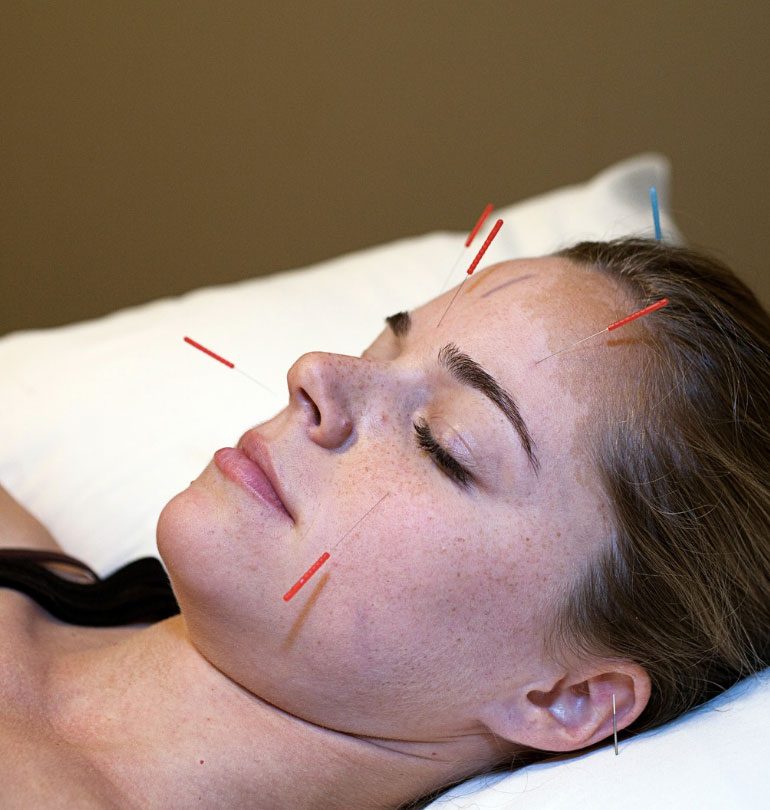A Holistic Approach to sleep
Sleep deprivation significantly affects our cognitive functions. A staggering 50 to 70 million Americans struggle with sleep disorders. Only 21% of the population manages the recommended seven to eight hours of sleep each night. Lifestyle choices and modern distractions can often disrupt healthy sleep patterns. It’s time to take control of your health, starting with a good night’s sleep.
1. Establish a Consistent Sleep Schedule
Set and maintain a regular bedtime, ensuring a comfortable sleeping environment. Limit variations to within an hour or two each night to keep a consistent routine.
2. Minimize Daytime Napping
While brief daytime naps can be beneficial, avoid longer or irregular napping, as it may interfere with nighttime sleep and disrupt the body’s internal clock.
3. Check your Light
Regulate exposure to bright lights, especially blue light from screens in the evening. Seek sunlight in the morning to support circadian rhythms and limit artificial light exposure at least an hour before bedtime.
4. Avoid Evening Alcohol Consumption
While it’s tempting to have a drink to relax in the evening, alcohol can negatively impact sleep by suppressing melatonin production and disrupting circadian rhythms.
5. Engage in Relaxing Activities if Unable to Sleep
If unable to sleep after 20 minutes, try to leave the bed and partake in calming activities like reading or listening to soft music. Resist the urge to engage in stimulating online activities.
6. explore Acupuncture
Drawing from traditional Chinese practices, acupuncture has shown promise in treating sleep problems and relieving insomnia. DIY acupressure points can be utilized between professional visits.
7. Consider Supplements
With professional guidance, Melatonin may aid in adjusting the internal body clock, while GABA and 5-HTP can address anxiety and mood concerns. Magnesium supplements have shown potential in improving sleep quality. Meet with one of our knowledgable practitioners if you’re interested in learning more about supplements!
8. Practice Breathing Exercises Before Bed
Employ breathing exercises, such as the countdown technique or the 4-7-8 method, to promote relaxation. Alternatively, perform a roving body check to shift awareness from head to toe.
9. check your space
Ensure you have a comfortable mattress, pillows, and sheets. Maintain an ideal room temperature, eliminate light and noise, and consider the use of essential oils, an eye mask, or white noise machines for an enhanced sleeping environment.
10. Exercise Regularly, but not Late at Night
Regular exercise, particularly moderate aerobic activity, can improve sleep quality. However, avoid exercising within two hours of bedtime to prevent potential disruptions due to increased endorphin release and core body temperature.



Implementing these holistic strategies can help with better sleep, as well as foster overall health and well-being.
Let’s get started!


